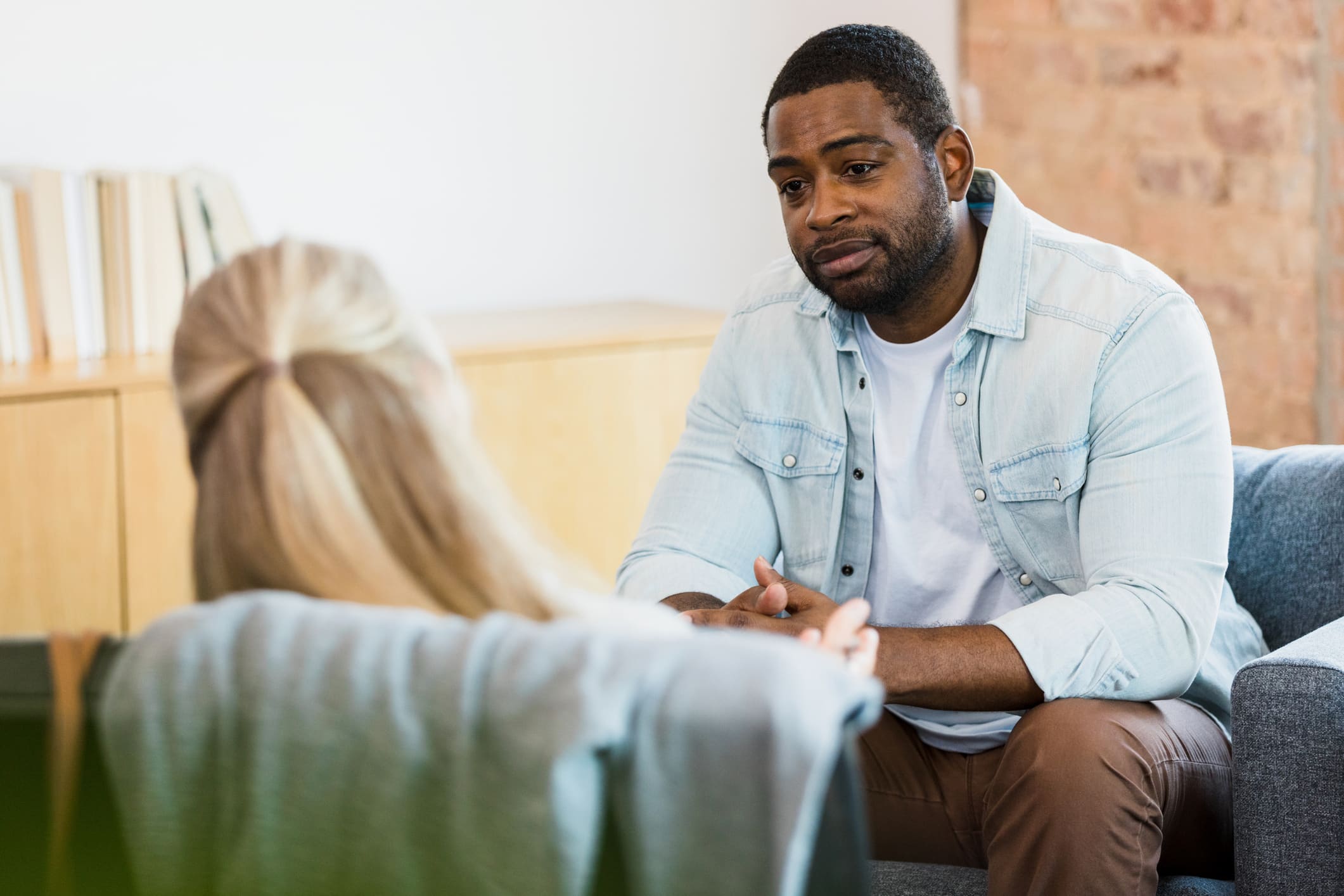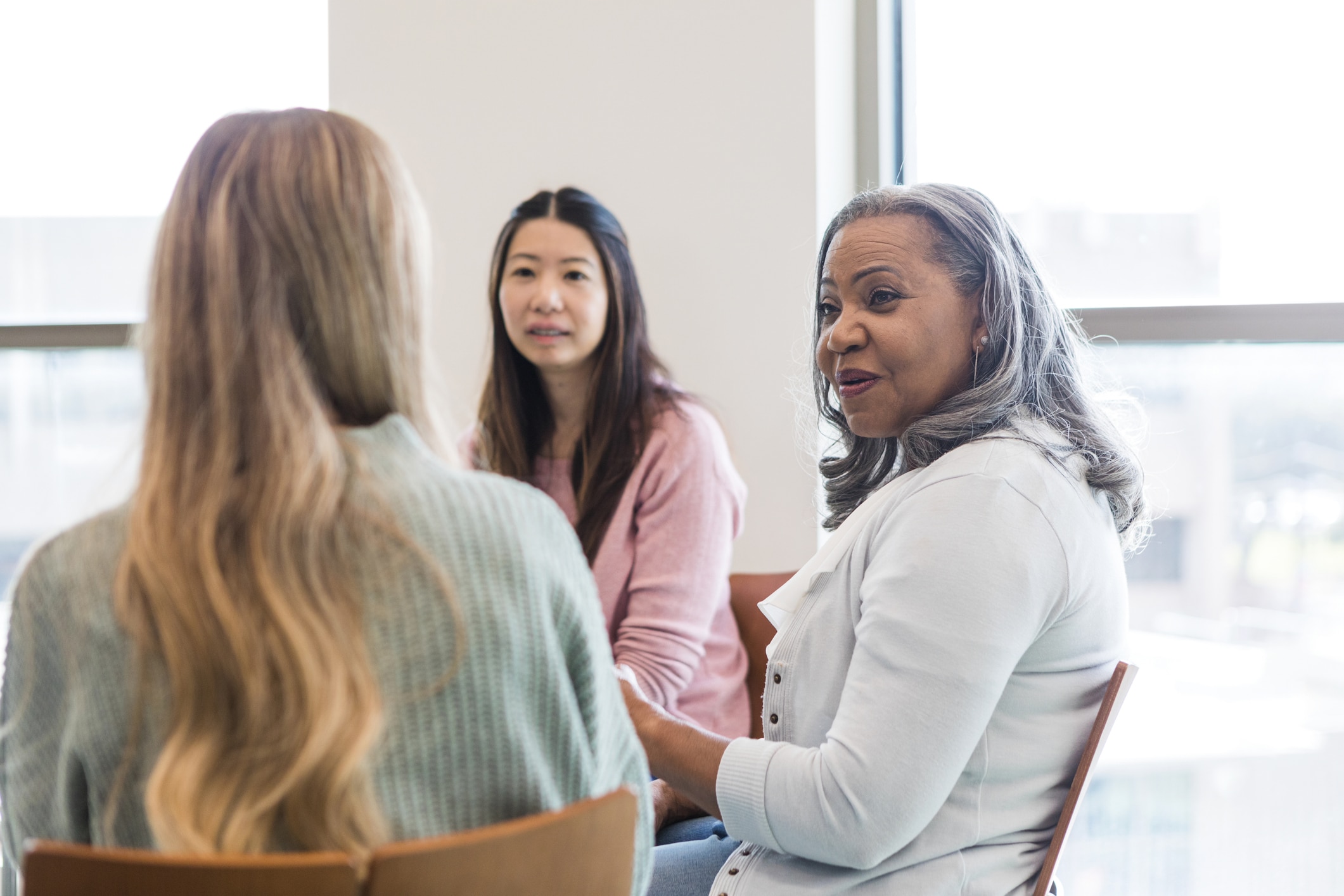Addiction is a complex disorder with many underlying factors. When effectively treating addiction, it’s not just about helping someone overcome their substance abuse behaviors. It’s also about helping them develop the skills to lead a healthy, sober life after rehab. Life skills after recovery begins are invaluable tools that help individuals transition from treatment to everyday life. Call 303-268-2144 to speak with someone from Mile High Recovery Center’s knowledgeable and experienced staff about our early recovery life skills group in Denver, Colorado, and why people struggling with addiction benefit from learning life skills to use beyond rehab.
What Typically Comprises Addiction Treatment?
Addiction is a chronic brain disease that develops over time as an individual repeatedly engages in an activity or takes drugs or alcohol regularly. It hijacks the brain’s reward system, leading to compulsive behaviors and cravings. Addiction treatment is necessary for individuals who cannot stop using alcohol or drugs or engaging in behaviors even though they have tried multiple times to do so on their own. Treatment helps individuals learn new ways of coping with cravings and better manage stressors related to everyday life.
The primary goal of addiction treatment is to help individuals achieve sobriety and learn how to manage their condition without relapsing over time. Most addiction treatment programs incorporate evidence-based approaches like the following:
- Cognitive-behavioral therapy (CBT)
- Contingency management (CM)
- Family therapy
- Group counseling sessions
- Life skills training
At Mile High Recovery Center, learning and practicing life skills after rehab is done through the early recovery life skills group we offer in Denver, Colorado.
What Is the Importance of Life Skills Training in Addiction Recovery?
Life skills are fundamental abilities that help clients succeed beyond rehab. By developing new habits, clients can improve their decision-making skills and overall quality of life after leaving addiction treatment centers such as Mile High Recovery Center in Colorado.
Life skills training provides an invaluable foundation for clients transitioning back into everyday life after rehab has ended by equipping them with knowledge such as emotional regulation, communication techniques, financial literacy, conflict resolution, and even self-care practices. These skills empower them to cope with challenges associated with abstinence over time.
Life skills training typically takes place during group counseling sessions where clients learn how to apply these critical principles directly into their lives through the following:
- Discussions around current events
- Interactive activities
- Real-world scenarios
- Roleplay exercises
In addition, clients may also be required to complete homework assignments explicitly designed to reinforce these concepts outside of group settings.
Ways Life Skills Can Help After Rehab
Here’s how clients can use life skills beyond rehab to improve their lives:
- Conflict resolution – Learning life skills can help clients figure out how to navigate difficult conversations and disagreements without resorting to destructive behaviors.
- Financial planning – This involves developing budgeting techniques and setting goals around money matters.
- Improved communication – Being able to communicate effectively is vital when it comes to maintaining relationships and avoiding conflicts that could lead back down the path of relapse.
- Stress management – Clients will also be able to recognize their triggers and respond appropriately when triggered.
- Time management – Establishing routines and priorities while allowing enough free time for self-care is an excellent benefit of life skills training.
By regularly practicing essential life skills, clients gain greater confidence, and better prepare themselves to live independently.
Learn Life Skills in Colorado at Mile High Recovery Center
Understanding how life skills can help you beyond rehab and even after recovery are critical to raising the chances of successful long-term outcomes. At Mile High Recovery Center, we offer comprehensive, evidence-based approaches and customized treatment plans for each client. Contact Mile High Recovery Center today at 303-268-2144 to learn more about how we approach teaching life skills in Colorado.









